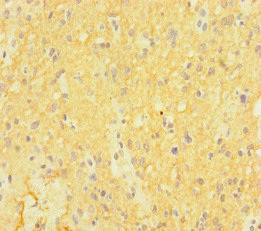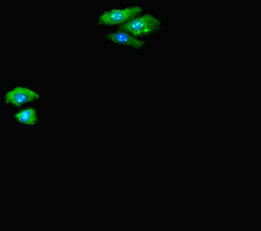Full Product Name
Rabbit anti-Homo sapiens (Human) CTNND2 Polyclonal antibody
Alternative Names
ARM-repeat protein antibody; Catenin (cadherin associated protein) delta 2 antibody; catenin (cadherin-associated protein); delta 2 (neural plakophilin-related arm-repeat protein) antibody; Catenin delta 2 antibody; Catenin delta-2 antibody; CTND2_HUMAN antibody; CTNND 2 antibody; Ctnnd2 antibody; Delta catenin antibody; Delta-catenin antibody; GT 24 antibody; GT24 antibody; Neural plakophilin related arm repeat protein antibody; Neural plakophilin related armadillo repeat protein antibody; Neural plakophilin-related ARM-repeat protein antibody; Neural plakophilin-related; Neurojungin antibody; Neurojungin antibody; NPRAP antibody; T cell delta catenin antibody
Immunogen
Recombinant Human Catenin delta-2 protein (4-308AA)
Immunogen Species
Homo sapiens (Human)
Conjugate
Non-conjugated
The CTNND2 Antibody (Product code: CSB-PA892496LA01HU) is Non-conjugated. For CTNND2 Antibody with conjugates, please check the following table.
Available Conjugates
| Conjugate |
Product Code |
Product Name |
Application |
| HRP |
CSB-PA892496LB01HU |
CTNND2 Antibody, HRP conjugated |
ELISA |
| FITC |
CSB-PA892496LC01HU |
CTNND2 Antibody, FITC conjugated |
|
| Biotin |
CSB-PA892496LD01HU |
CTNND2 Antibody, Biotin conjugated |
ELISA |
Purification Method
>95%, Protein G purified
Concentration
It differs from different batches. Please contact us to confirm it.
Buffer
Preservative: 0.03% Proclin 300
Constituents: 50% Glycerol, 0.01M PBS, PH 7.4
Tested Applications
ELISA, IHC, IF
Recommended Dilution
| Application |
Recommended Dilution |
| IHC |
1:20-1:200 |
| IF |
1:50-1:200 |
Storage
Upon receipt, store at -20°C or -80°C. Avoid repeated freeze.
Lead Time
Basically, we can dispatch the products out in 1-3 working days after receiving your orders. Delivery time maybe differs from different purchasing way or location, please kindly consult your local distributors for specific delivery time.
Usage
For Research Use Only. Not for use in diagnostic or therapeutic procedures.








